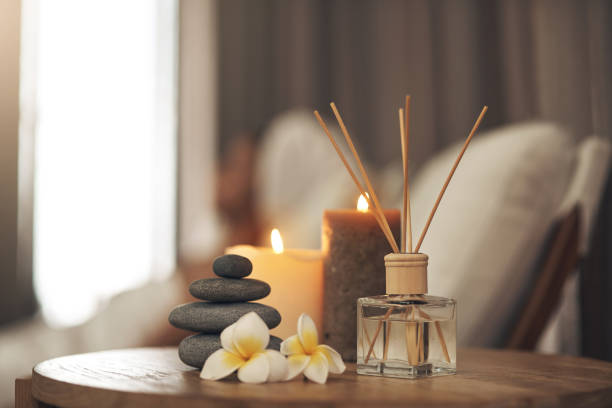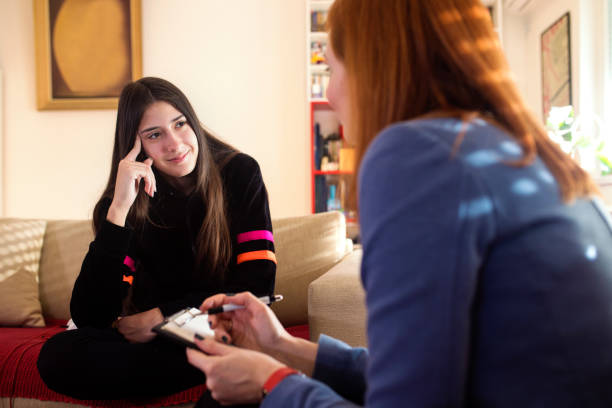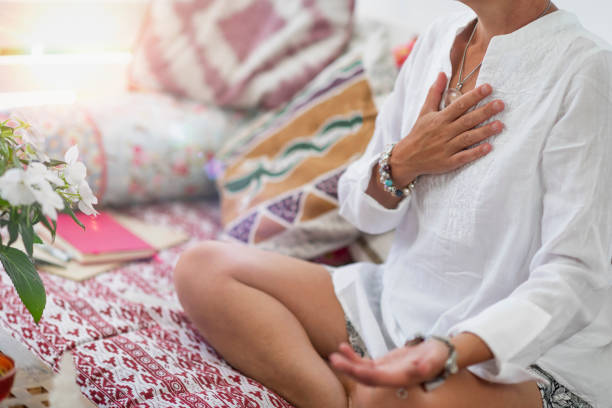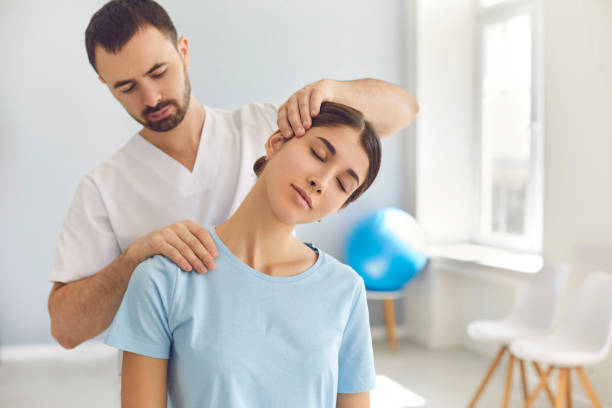Relaxation Therapy: A Sanctuary of Serenity
Embracing Serenity: Unleash the Power of Relaxation Therapy for Enhanced Well-being

Relaxation Therapy: A Peaceful Haven
Stress and worry have become unwanted companions in our busy lives, putting a cloud over our wellbeing. As a ray of hope, relaxation treatment provides a peaceful haven where we may free ourselves from the grip of stress and reestablish mental and physical balance.
What Is Therapeutic Relaxation?

A variety of methods are used in relaxation treatment to induce the body's "relaxation response," which is marked by a drop in blood pressure, heart rate, and tense muscles. This physiological change lowers stress hormones, increases feelings of relaxation, and enhances general wellbeing.
The Advantages of Stress Reduction

The advantages of relaxation treatment go well beyond momentary stress reduction. Using relaxation techniques on a regular basis can have many beneficial effects on your life, such as:
Decreased Anxiety and Stress: By generating a sense of peace and serenity and soothing the mind and body, relaxation therapy successfully combats stress and anxiety.
Enhanced Quality of Sleep: By relieving stress, slowing down racing thoughts, and getting the body ready for sound sleep, relaxation techniques can dramatically improve the quality of your sleep.
Enhanced Emotional Regulation: Through the development of emotional resilience, relaxation treatment helps people to successfully control their emotions and react composedly in the face of difficult circumstances.
Reduced Pain Perception: By modifying the body's stress response and encouraging relaxation, relaxation techniques have been demonstrated to lower pain perception.

Enhanced General Health: Balance and well-being are fostered by relaxation treatment, which boosts vitality, elevates mood, and improves quality of life.
Typical Methods of Relaxation
There are many different relaxation techniques, and each one offers a different way to become peaceful. Among the most well-liked and successful methods are:
Deep Inhalation: Breathing slowly and deeply stimulates the parasympathetic nerve system, which in turn causes the relaxation response.
Steppenwolf Muscle Unwinding: Different muscle groups can be tensed and relaxed to relieve stress and encourage physical relaxation.

Practice meditation: Through meditation, one may cultivate inner peace, quiet the mind, and bring attention to the present.
Asana: Yoga promotes flexibility, relaxation, and mental health by combining physical postures, breathing techniques, and meditation.
MBSR, or mindfulness-based stress reduction: To promote mindfulness and lessen stress, MBSR blends body awareness, meditation, and mild yoga.
Adding Relaxation Therapy to Your Existence
Setting out a short period of time each day for relaxation techniques might be an easy way to include relaxation therapy into your everyday schedule. The following advice will help you implement relaxation treatment in your daily life:
Set Aside Time for Relaxation: Decide on a designated period of time each day to practice relaxing, whether it is before bed, at lunch, or in the morning.
Establish a Calm Environment: Pick a peaceful, cozy area that is uncluttered by interruptions or noise.
Increase Duration Gradually and Start Slowly: Start off with brief practice sessions and as you get more comfortable, progressively extend them.
Be Patient and Consistent: To get the full advantages of relaxation methods, consistent practice is necessary.
Ask for Expert Advice: If you find it difficult to use relaxation techniques on your own, you might want to consult a therapist or relaxation expert for advice.
One of the most effective strategies for reducing stress, enhancing wellbeing, and creating a calm existence is relaxation therapy. You may start your road towards inner harmony and tranquility by making relaxation practices a part of your everyday routine.












































































































































































































